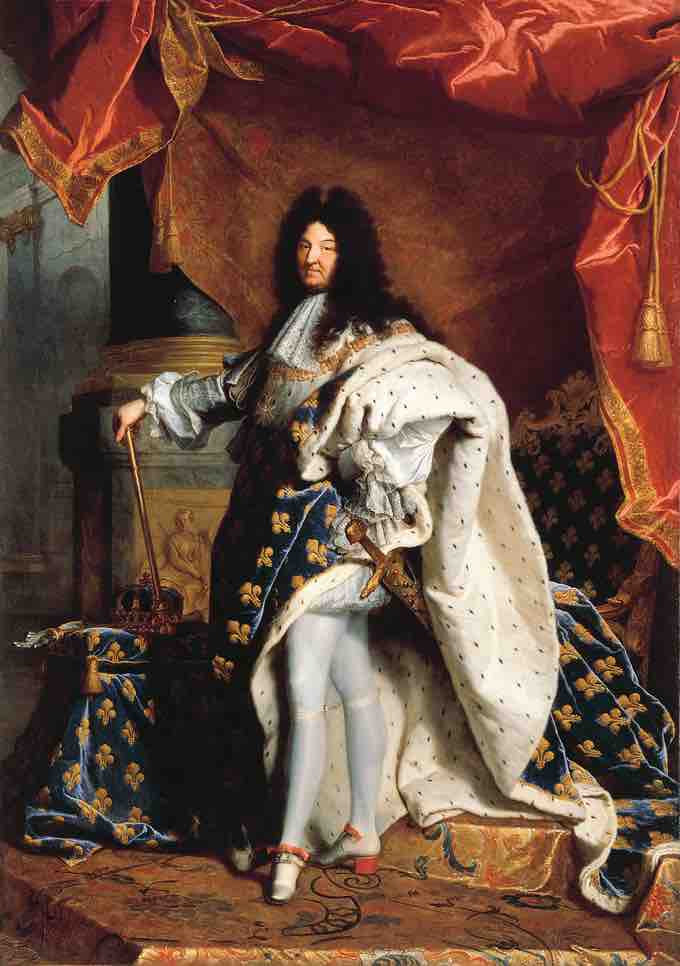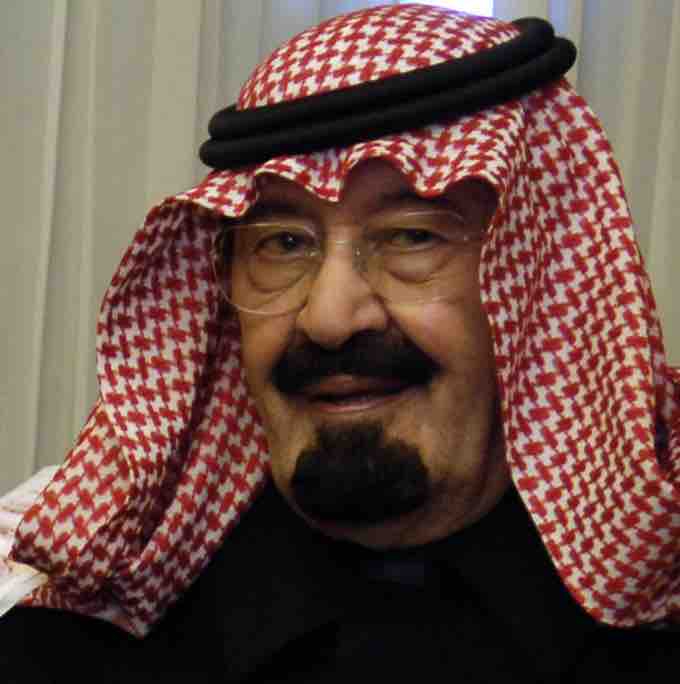Traditional Authority
Traditional authority is a type of leadership in which the authority of a ruling regime is largely tied to tradition or custom. In sociology, the concept of traditional authority comes from Max Weber's tripartite classification of authority. In addition to traditional authority, Weber claimed that the other two styles of authority were charismatic authority and rational-legal authority. Weber noted that, in history, these ideal types of domination always seemed to occur in combinations.
Weber traced traditional domination back to patriarchs, their households, and the ancient tradition of the family. In such systems, the master, almost exclusively an older father, is designated in accordance with the rules of inheritance. He has no administrative staff, nor any machinery to enforce his will by force alone. Instead, he depends on the willingness of subservient group members to respect his authority. They obey him based on the belief that this is their duty, sanctioned by tradition.
Patrimonial government is related to this model, but is slightly different. This occurs when a patriarchal ruler's household expands to governmental offices. In this style of leadership, all officials are personal dependents or favorites of the ruler, and are appointed by the ruler. Their interactions with the ruler are based on paternal authority and filial dependence. Military force is an important instrument of patrimonial rule. Patrimonial dominance has often prevailed in the Orient.
Patrimonalism and Feudalism
In comparison to patrimonalism, feudalism has one major similarity and several important differences. The similarity is that both are based on tradition and have powerful rulers who grant rights in return for military and administrative services. There are two important differences. First, feudalism replaced the paternal relationship of patrimonalism with a contract of allegiance based on knightly militarism. Second, in a patrimonial government, officials are personally dependent on the patriarch. In feudalism, these individuals are replaced with vassals, who have contractual freedom, personal allegiance, and socioeconomic prominence.

Louis XIV of France
Historically, kings have derived their authority from tradition.

King Abdullah bin Abdul al-Saud of Saudi Arabia
King Abdullah bin Abdul al-Saud, King of Saudi Arabia, derived his authority from tradition.